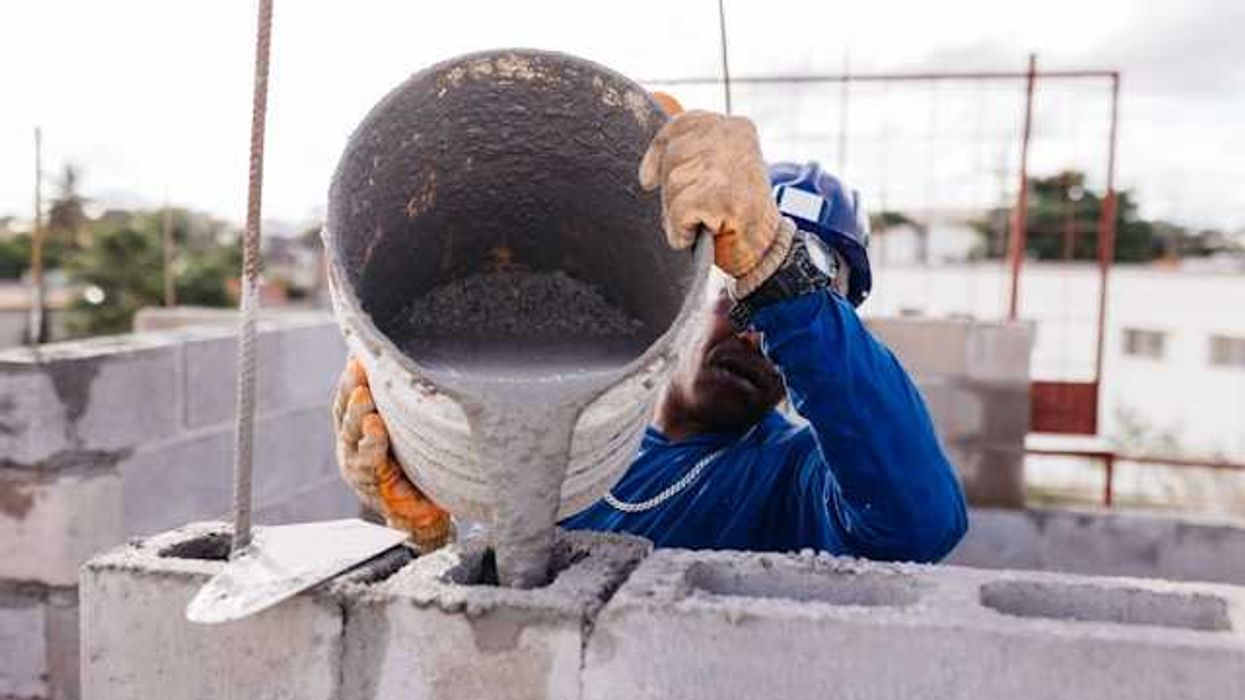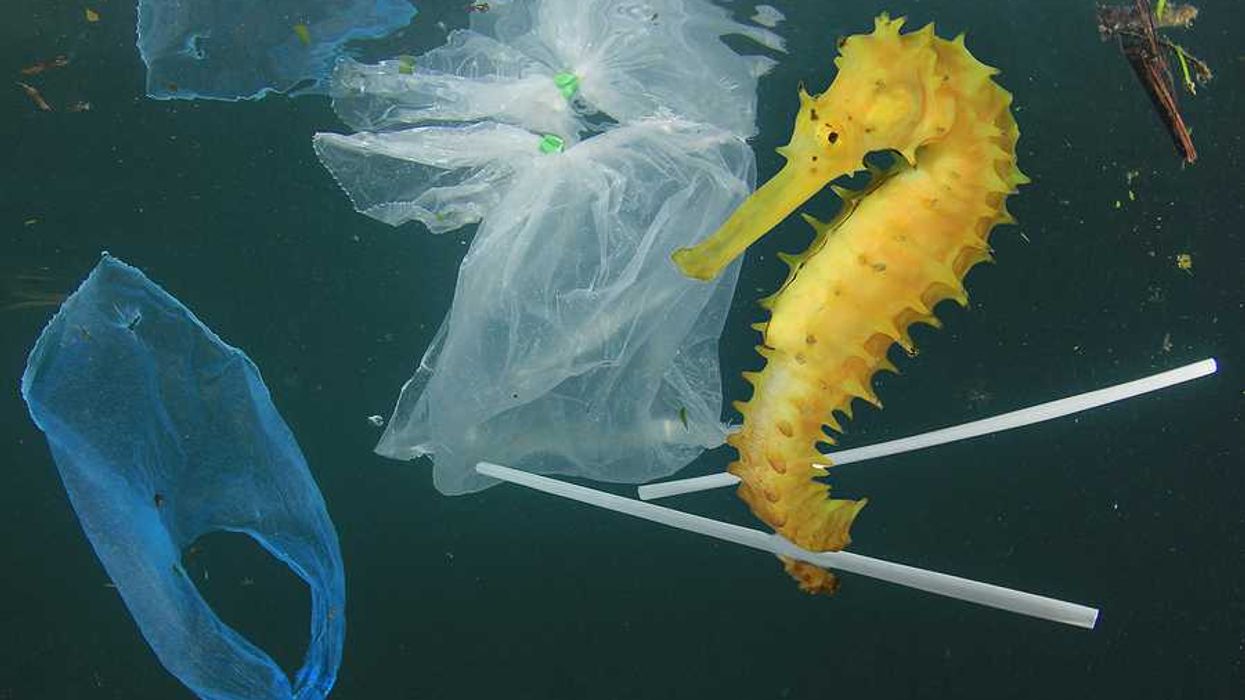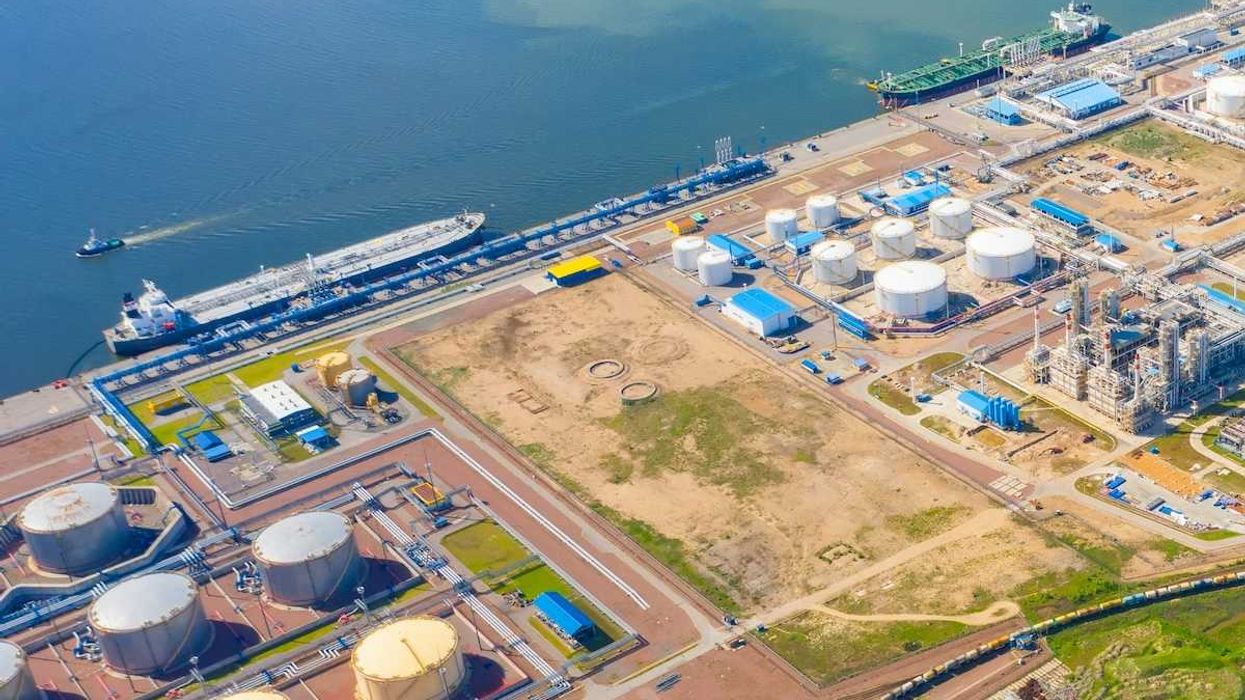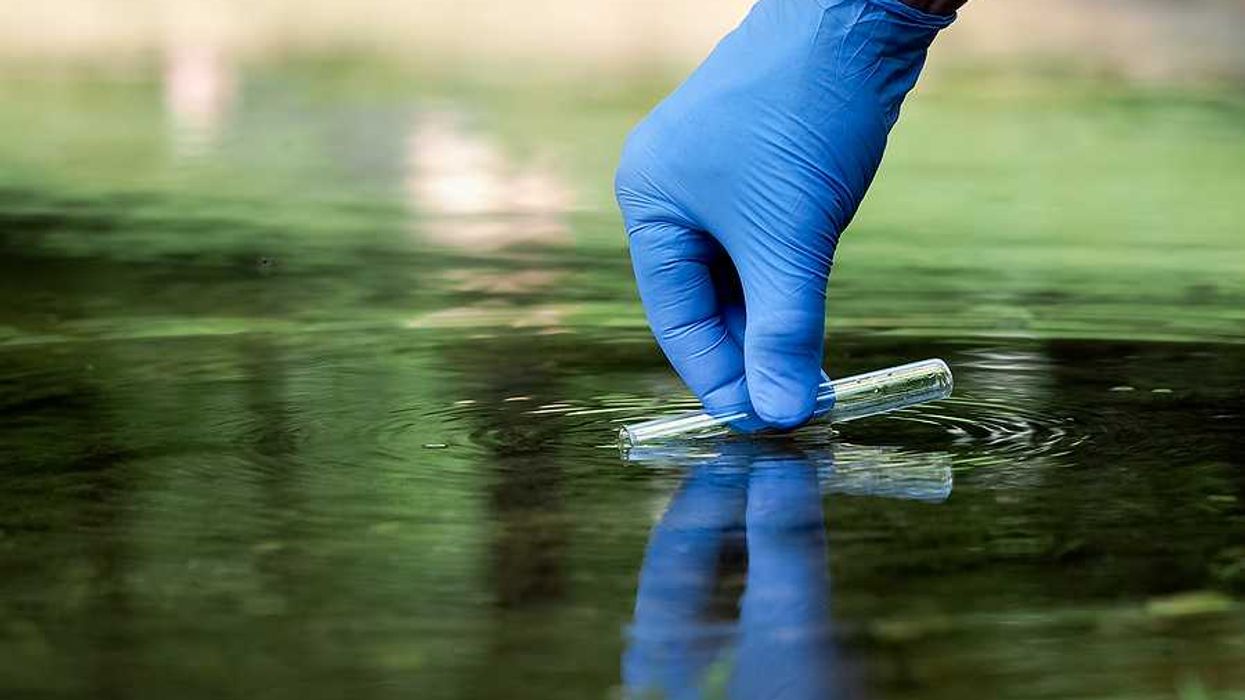The Trump administration has withdrawn proposed carbon dioxide pipeline safety regulations, initially drafted after a catastrophic 2020 pipeline rupture in Mississippi, while appointing former industry lobbyists to oversee pipeline safety.
Emily Sanders and Dana Drugmand report for The Lever and ExxonKnews.
In short:
- The Department of Transportation had proposed stricter safety rules after a pipeline failure in Satartia, Mississippi, hospitalized nearly 50 people with respiratory and neurological issues.
- The rules, meant to address risks from highly pressurized carbon dioxide leaks, were pulled before being finalized under a Trump administration executive order.
- The new head of the Pipeline and Hazardous Materials Safety Administration, Ben Kochman, previously worked as a pipeline industry lobbyist.
Key quote:
"We shouldn’t have to rely on the goodwill of a company to do the right thing. It should be the law to do the right thing and keep communities around [these pipelines] safe."
— Bill Caram, executive director of Pipeline Safety Trust
Why this matters:
Carbon dioxide pipelines pose unique dangers, as leaks can cause suffocation, neurological damage, and vehicle shutdowns, making evacuations nearly impossible. Without federal oversight, companies are left to self-regulate, raising concerns as pipeline networks expand. Many proposed pipelines will run through low-income and minority communities, increasing environmental justice concerns. The rollback of safety rules leaves these areas vulnerable to future accidents.
Related: Governor Burgum backs controversial carbon pipeline in North Dakota














